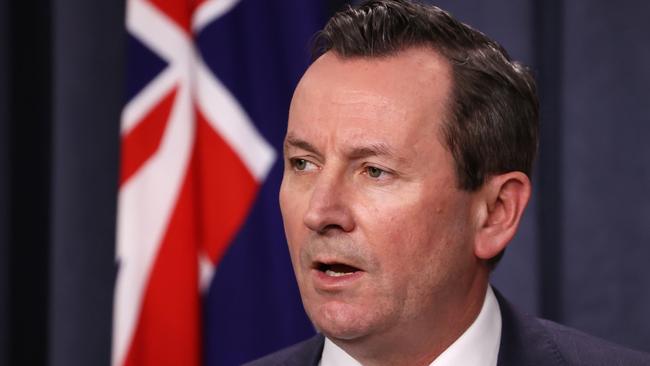WA’s old-growth forest logging to stop by 2024
WA Premier Mark McGowan on Wednesday revealed that all native forest logging would end in the state by 2024.

More than 20 years after the logging of old-growth forests led to pitched battles between industry and activists and helped drive a change in government, West Australian Premier Mark McGowan on Wednesday revealed that all native forest logging would end in the state by 2024.
The initial bans on old-growth logging put in place by then-premier Geoff Gallop will be broadened to protect another two million hectares of native forest from further logging.
“This is a gift to our children, our grandchildren and their grandchildren,” Mr McGowan said in announcing the move.
WA Environment Minister Amber-Jade Sanderson said the impact of climate change on the growth rate of the state’s forests meant action had to be taken.
“We’ve seen since the 1970s a reduction in rain of around 20 per cent through the forests and they simply aren’t growing as quickly as they were,” she said.
“So we need to do everything that we can to protect them for future generations, and protect that important carbon store.”
Demand for native hardwood from artisanal furniture makers and other boutique sectors would be met through the “ecological thinning” of forests to encourage growth, and through the approved clearing of forests to make way for a new bauxite operation in WA’s southwest.
Despite the government promising it would pump $350m into new softwood plantations and commit $50m to helping find new jobs for the hundreds of workers affected by the decision, the timber industry said it was “devastated” by the news.
In Busselton, 200km south of Perth, Rebecca Harris was on Wednesday contemplating the end of the sawmilling business that her family has run for six generations. The company, which mainly makes hardwood flooring and decking products, employs 11 people.
“We are now left questioning what our future holds and how we transition into the future, both for our business and our employees,” Ms Harris said.
“The impact on our business and our plans is devastating.”
Forest Industries Federation of WA director Melissa Haslam said the $50m compensation was inadequate, noting one company had invested more than that in the past two years alone.



To join the conversation, please log in. Don't have an account? Register
Join the conversation, you are commenting as Logout